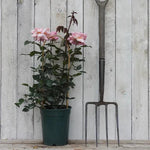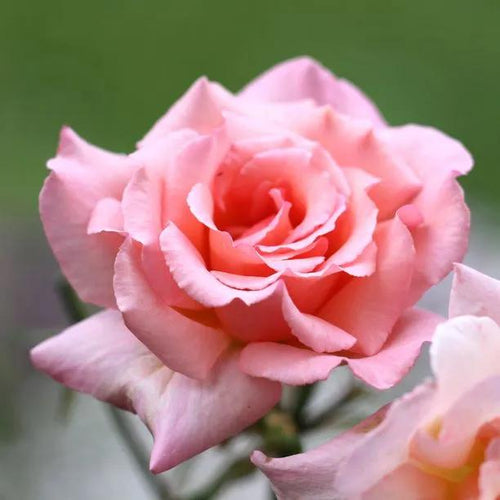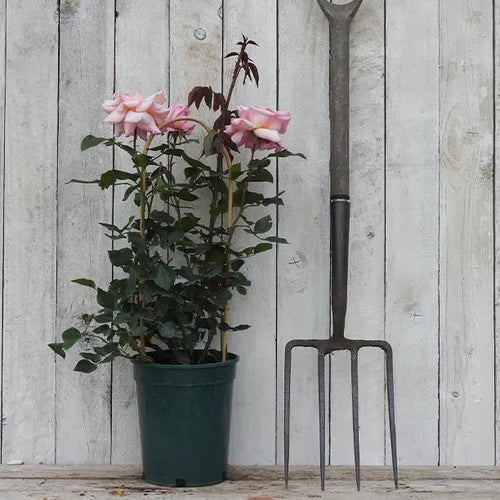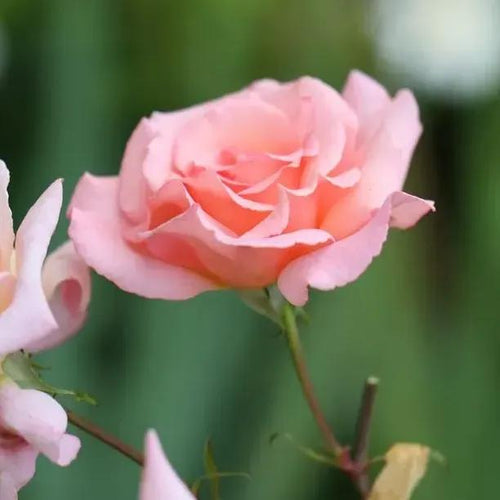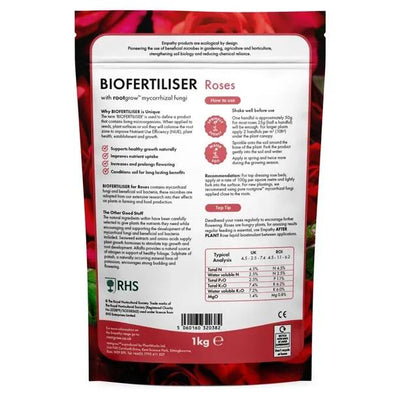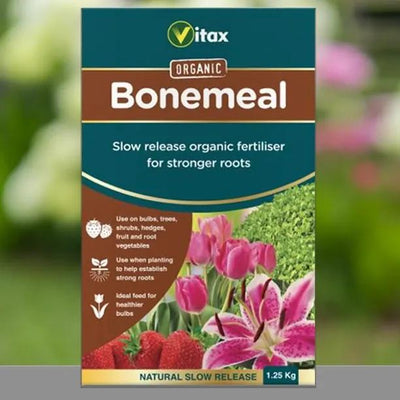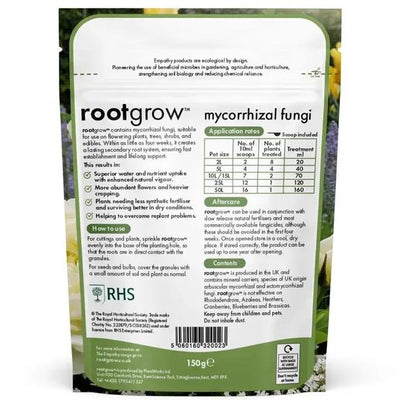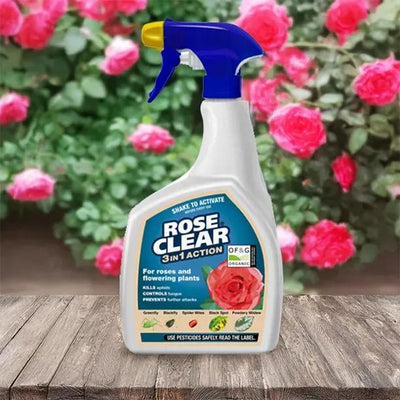About Compassion Rose Bushes
Compassion Rose Bushes
Compassion is a medium-sized climbing rose, with large, well-formed pink flowers that glow apricot at the base of the petals. It's a vigorous plant and reaches about 3 metres. The scent is good, and you will get plenty of flowers after a few years, once a mature, bushy head has developed.
Browse our Climbing Roses or all of our Rose Bushes.
Features
- Bud colour: Red
- Colour: Mostly pink with amber in the recesses.
- Flower Shape: Medium sized, scrolled with pointy outer petals.
- Fragrance: 3-Strong.
- Flower Period: Repeating.
- Leaves: Very dark green, glossy.
- Height: 3 metres.
- RHS Award of Garden Merit
Growing Compassion Roses
Good, well drained soil in a sheltered, sunny spot is ideal for this hard worker.
History & Trivia
Bred in the early 1970's by Harkness, Compassion has won an RHS Award of Garden Merit. Its parents are White Cockade x Prima Ballerina.













 Secure, One-Tap Checkout
Secure, One-Tap Checkout
 Hand Picked, Delivered to Your Door!
Hand Picked, Delivered to Your Door! 1 Year Bareroot Guarantee
1 Year Bareroot Guarantee
